Going to a university or college is one of the most exciting moments in a person’s life, but it is often accompanied by a lot of feelings. After all, leaving home, making new friends, and becoming independent are not exactly easy.
This is even more true for LGBTQ students: studies have shown that non-heterosexual or non-cis-gender students are much more likely to get harassed on campus, and less likely to feel comfortable or welcomed. This can be because the university doesn’t offer appropriate facilities, such as gender-neutral or all-gender inclusive restrooms or housing, or because there are few resources and services specifically for LGBTQ people.
And students say it is not enough for universities to simply put in place non-discrimination policies to protect LGBTQ students. These are essential, but they are just the beginning, and universities must also foster safe, welcoming, and inclusive environments that help these students thrive.
Thankfully, over the past few decades, colleges across the country have been stepping up to the plate; according to this report by the American Council on Education, LGBTQ students have noticed improvements in the way colleges welcome and work with the LGBTQ community.
But what exactly makes a good school for LGBTQ students? Let’s take a look.
What to Look for in Your New School
It should go without saying, but tolerance is not enough. For you to feel like you can thrive while truly being yourself on campus, you need to find a university that is committed to fostering a welcoming environment for the LGBTQ community, and that offers the services that are required to make your time there a comfortable and happy one.
Because the community has historically been discriminated against and underserved in many different aspects of life, it’s important for universities to go the extra mile to address that imbalance and to advocate for the rights of queer and trans students. Here are some ways in which universities do just that:
- Have clear, comprehensive non-discrimination policies
- Offer trainings to staff on all issues LGBTQ
- Provide gender-inclusive washrooms, sporting facilities, and housing
- Offer gender and sexuality academic classes
- Provide specific LGBTQ healthcare options, including mental health and sexual health with trained professionals
- Celebrate LGBTQ events, such as Pride Week and Lavender Graduation (an annual graduation ceremony that honors LGBTQ students and celebrates their accomplishments)
- Have an active LGBTQ Office (they have different names in each university) that offers support in the forms of group support groups, counseling, or mentorships
- Are home to lots of different intersectional LGBTQ student clubs and organizations
- Offer academic courses in gender and sexuality studies (even if this is not what you want to study, the department is likely to host interesting talks and events)
- Offer the possibility to trans students to change their name on university documents, registers, and ID cards.
It’s hard to gather all of this information just from a website, so we really recommend you go and take a look in person before signing up. Most universities will let you have a tour, so you can take a look at the housing options, meet current students, and get to know the good people at the LGBTQ center.
Through their LGBTQ offices or resource centers, many universities also offer specific LGBTQ orientation or welcome events, and we recommend you attend, as it’s a great way to make friends and build community.
If you find a university that you love, congratulations! Finding a place to be your ‘home’ for a few years is big. But what if you are afraid you may not be able to afford it? The good news is that there is a long list of scholarships specifically for LGBTQ students. Some are offered by the universities themselves, so call the finance office or the department that you are interested in studying at to find out what is available (websites don’t always have all the information).
Before we look at our list of 20 best colleges for LGBTQ students, we want to specify that we will mostly be using the acronym LGBTQ (which stands for lesbian, gay, bisexual, transgender, and queer) throughout the article. Unfortunately, no one term can include all the identities on the gender and sexuality spectrum, but we will use this for ease and consistency. Just know that wherever you fall (intersex, asexual, or anything else!) you are welcome, and this guide is for you too.
#1. The University of California – Los Angeles
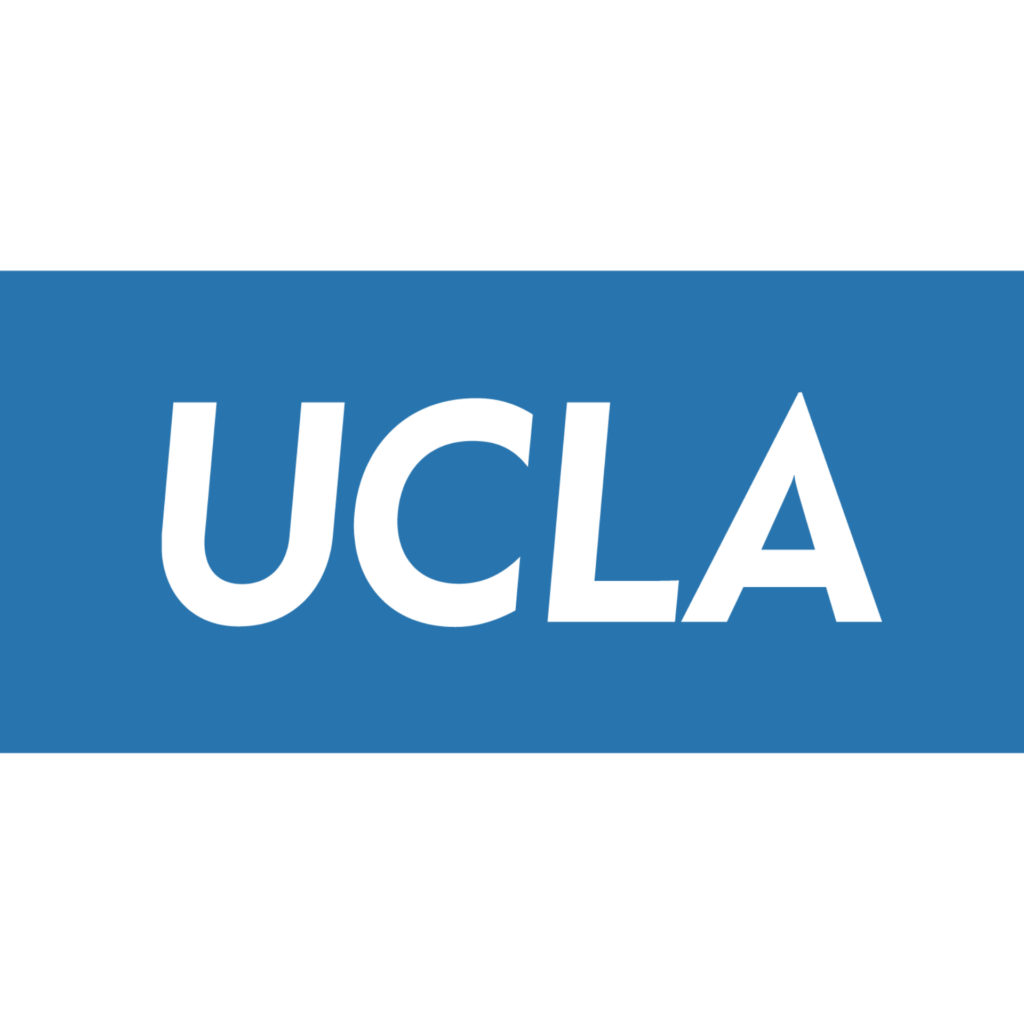
LA is famous for its artsy queer scene, and to be honest any other kind of queer scene you might be into. If you become a student at University of California, there’ll be no end to exploring what this city queer city has to offer. But you won’t have to leave college to find LGBTQ spaces, groups, and activites, as UCLA actually has a very active and welcoming community.
The UCLA LGBT Campus Resource Center has been fostering a safe, inclusive, healthy, and fun environment at UCLA for over 20 years by organizing regular events, offering counseling services and therapy groups, legal advice, and specialized health services. The center’s Counseling and Psychological Services (CAPS) include the service of trained counselors who are available for drop-in consultation, as well as crisis counseling by phone 24/7.
There are also two different support groups: the LGBTQA Community Support Group addresses issues unique to people who experience the intersection of sexuality and gender, as well as personal concerns such as coming out, relationships, and the political climate. The Gender Identity Group is more catered to students who are exploring or already identify as transgender, gender non-conforming, or gender fluid, and looks at issues around healthcare, coming out, relationships, and more.
One more thing that makes UCLA a great place for LGBTQ students: their Williams Institute is a think tank at UCLA Law that is entirely devoted to conducting rigorous, independent research on sexual orientation and gender identity law and public policy. The Institute has had a tremendous impact on LGBTQ policies on parenting, rights, public health, and more.
#2. Williams College
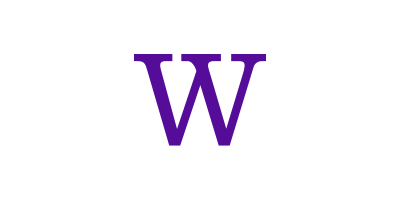
Williams College is one of the best liberal arts schools in the United States, and LGBTQ life is not simply limited to a specific place or time—it is integrated into all aspects of the campus experience, from athletics to academics and advocacy. LGBTQ students are active in all the different unions (such as the Black Student Union or Muslim Student Union), and the curriculum also celebrates all things LGBTQ, whether in art, English, economics, or the renowned Women’s Gender and Sexuality Studies.
As a student at Williams College you will also have the opportunity to study abroad, and this helpful Guide to Being out While Studying Abroad will ensure you feel safe, welcomed, and secure when you’re having the time of your life. On campus, the Davis Center, which aims to advance engagement with complex issues of identity, history, and cultures, runs the Gender and Sexuality Resource Center (GSRC), which is an important reference point for the community.
This is where you will find important information and support on issues of sexual health, online dating, surviving sexual assault, coming out and more. This is also where you can find safe sex supplies such as lube and condoms 24/7.
#3. University of Pennsylvania
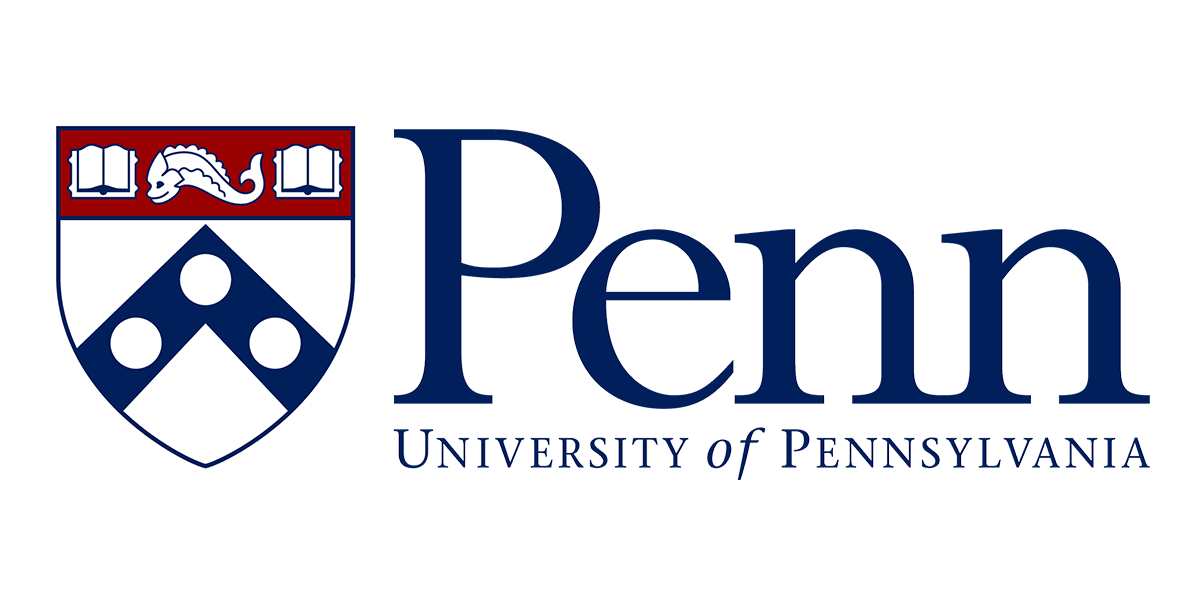
The University of Pennsylvania has a reputation for being a top of the range, student-friendly school, and it offers many excellent courses in law, medicine, arts and sciences, education, and more. But what makes it a great choice for LGBTQ students?
Well, their LGBT Center is one of the oldest in the country, and even though it has been operative for 35 years, it is still one of the most active. The center serves as both a social space and a political hub; it hosts over 30 student organizations, boasts lots of space to study and socialize, and organizes a long series of events throughout the year. The staff at the center also work alongside the university, and advocate on behalf of the community to ensure that the university adopts inclusive policies that help everyone feel welcome.
Staff also provide mentorship and confidential assistance when students have been discriminated against, harassed, bullied, or assaulted. The university’s medical team, Penn Medicine, works closely with the center, and is a hub for LGBTQ care, offering LGBTQ treatment teams and more. Trans students will also find a welcoming atmosphere at Penn, thanks to the university’s gender-neutral bathrooms across campus, the option for gender-neutral housing, and the option to use their preferred name.
#4. Columbia University in the City of New York

Few universities are as diverse and multicultural as Columbia, and the curriculum, student clubs, activities, and programs on offer reflect that. Q & A, for example, is a group for queer, genderqueer, and trans-Asian students, while JQ is a space for Jewish LGBTQ students and allies to meet each other, discuss important topics, and simply support each other.
Columbia’s Institute for Research on Women, Gender, and Sexuality offers a long list of undergraduate and graduate programs, and promotes interdisciplinary feminist and queer scholarship through its research and teaching. They also run regular events and host interesting speakers, so make sure you check their website!
LGBTQ @ Columbia offers a space for LGBTQ students to seek information and support, but also advocates on behalf of the students, and offers resources and services to help all students at Columbia understand diverse identities and experiences.
Students, staff, and faculty also love the long list of events on offer here: Quench (Queer + Lunch) is a series of discussions (over lunch!) to explore intersectional LGBTQ and ally topics; CU OUT on the Town, a series of LGBTQ, gender, and sexuality-focused outings around New York City; Trans Awareness Week is a series of events over one week in November that aims to raise awareness about the experiences of transgender and nonbinary communities.
#5. University of Virginia
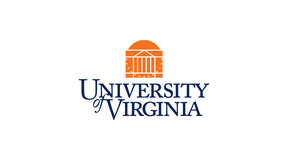
Interested in women, gender, or sexuality studies? If so, you’ll love UVA’s women, gender & sexuality (WGS) interdisciplinary program, where students learn about gender relations and different sexualities. Popular courses focus on women’s media, art, and literature, as well as examining queer theory and gender politics. Topics also include transgender rights, women’s participation in politics, and gay and lesbian parenting.
UVA also offers specific LGBTQ scholarships and awards, so make sure you check those to see whether you are eligible. Whichever subject you choose to study (and there are lots), at UVA you will find a fun, welcoming, diverse, and intellectually challenging LGBTQ institution, thanks also to the work of the (LGBTQ) Center, which strives to raise awareness and inclusion of sexuality and gender diversities through a broad range of programs and events.
As well as being a place for education and advocacy, it is also simply a space for students and staff to hang out, relax, and get to know each other.
A highlight of life at UVA is their Pride Week, which is held in spring and features film screenings, discussions, social events, and super interesting speakers. This is when many of the university’s LGBTQ student clubs—Queer Student Union, Sigma Omicron Rho, Athletes 4 Equality, and many more—come together to celebrate diversity. But check the center’s website regularly, as there are many more events throughout the year that you absolutely will not want to miss.
#6. University of Washington – Seattle Campus
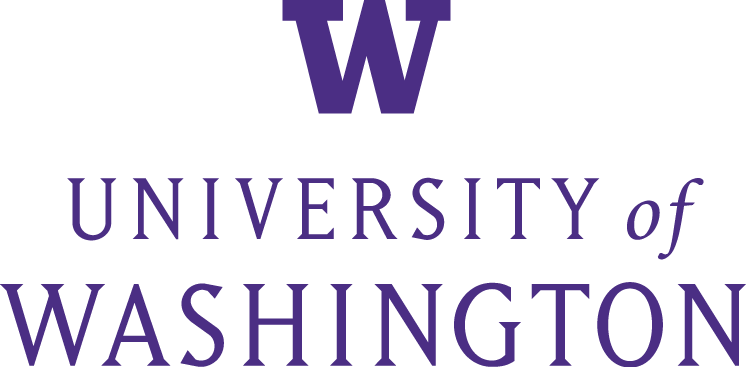
The University of Washington offers many excellent courses, but if it’s gender and sexuality you’re interested in, you’re in luck, as you can choose between various gender and sexuality degrees at both the undergraduate and graduate level. Furthermore, the University’s Q Center is a primarily student-run resource center dedicated to serving students, staff, faculty, and community members.
The center is one of the most active, and it hosts regular events, gender discussion groups and support groups, as well as boasting a lending library and LGBTQ student media such as the student blog. Their remarkable Queer Mentoring Program connects people who are exploring their gender identity or sexual orientation with queer students, staff, or alumni who have been through similar experiences, can lend an ear, and offer support and tips. You can meet your mentor twice a month, and they can help you explore the campus’ queer community and queer events.
As of 2018, students have the option to change their name, and include their preferred one on their university card and other forms. The university has made other big strides toward becoming a truly inclusive and welcoming place; there are different types of gender-inclusive housing, sports facilities and locker rooms, as well as gender-neutral bathrooms across campus.
#7. Princeton University
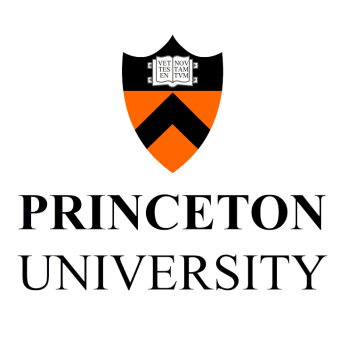
Princeton isn’t only one of the very best universities in the world, it is also an institution that provides LGBTQ students with an inclusive, fun, and welcoming environment. You can apply for one of the school’s scholarships, which as well as funding your program, will also ensure that you are supported by peers through specific mentorship programs.
Princeton’s LGBT Center is a really important part of life on campus, and as well as providing important training sessions on the likes of transphobia, homophobia, and heterosexism, it also sponsors a long list of fun events (their Pride Week programming is famous), and is home to loads of different LGBTQ groups. Beyond the Binary, for example, is a group for students who do not identify as straight, gay or lesbian, and feel they are straddling the line between different communities.
And then there are all the incredible intersectional groups such as blaQT+, an undergraduate group that offers a supportive space for black members of the LGBTQ+ community; LGBTQ✡J, a Jewish LGBTQ social group (but open to all); and the PULPO LGBT+ Branch, a group within the Princeton University Latinx Perspectives Organization (PULPO).
As a university, Princeton also offers an interesting gender and sexuality studies certificate program, and the opportunity to live in gender-inclusive housing or to change your name or gender identity on university documents.
#8. University of Oregon
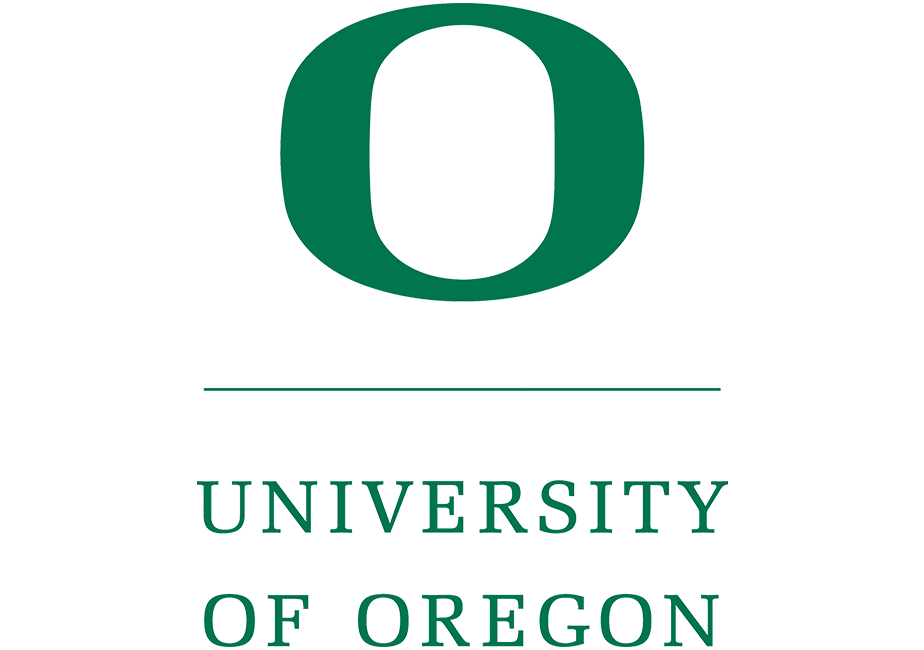
Few universities in the world can claim to offer the stunning natural surroundings that the University of Oregon does; nestled between mountains, rivers, and a beautiful coastline, this institution offers a top educational experience in a uniquely peaceful setting. From technology to abstract art, mathematics, and natural sciences, there is a lot to choose from, so if you like the sound of it all check out these LGBTQ scholarships.
LGBT Education and Support Services (LGBTSS) provides a whole host of educational and supportive resources, as well as interesting programs designed to educate people about various LGBTQ issues. The Queer Ally Coalition (QAC) for example is a volunteer training workshop open to people who want to deepen their understanding of the community and show their support. There are also many LGBTQIA organizations, such as Queer, Trans, and Intersex Students of Color (QTISOC), Sappho: Queer Women’s Discussion Group (a weekly queer and trans social and support space) and OUTLaws, the LGBTQ student group at the University of Oregon School of Law.
The university also offers gender-inclusive housing. The Gender Equity Hall is a place for “students who feel more comfortable living in a space that does not conform to the gender binary of male and female”
#9. Tufts University

If you like the sound of universities that put all their focus on giving students a personal experience, combine research and liberal arts and foster curiosity and creativity, you’ll love Tufts. This medium-sized university offers courses in gender, women’s, and sexuality studies, and has implemented a series of policies to make it a welcoming and inclusive choice for LGBTQ students. For example, staff are trained to spot and prevent hate crime, and to provide support to students who are struggling.
Thankfully, Tufts also has a dedicated LGBT Center, which was founded in 1992 and has been offering LGBTQ students a space to socialize, study, and support each other. As a student here, you will have a place to explore your relationship to gender and sexuality, either personally or through activism or academics. As well as offering a long list of fun queer events, the center also hosts educational talks and events to educate queer and non-queer students and staff on themes of cis-supremacy, queerphobia, and other types of discrimination.
In terms of accommodation, you can choose to stay in Rainbow House, which is carefully thought out to provide a safe and welcoming atmosphere for LGBTQ students. And if it’s healthcare that concerns you, don’t worry: Tufts offers health and mental health services specifically for trans, non-binary, and/or gender-nonconforming students.
#10. Tulane University in New Orleans
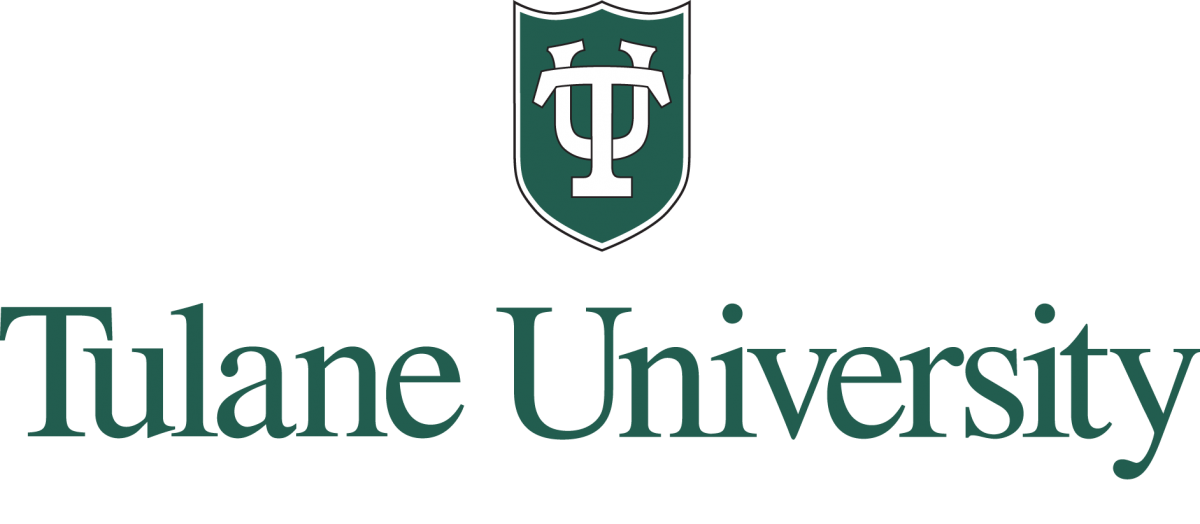
Ahh, New Orleans, where to start? This wonderful southern city draws people from across the United States with its art, history, music, diverse food scene, and of course, its legendary nightlife. The city’s LGBT scene is as vibrant as can be, centered around the French Quarter’s “Lavender Line.”
You’ll be glad to know you can spend four whole years (or more!) in New Orleans at Tulane University, one of the most well-respected research universities in the country. The center of LGBTQ life at Tulane is the Office for Gender and Sexual Diversity (OGSD), that works in many ways to make the university an inclusive and welcoming place to people of all backgrounds. The center works with other universities, organizations, and NGOs to empower the LGBTQ community. Through educational workshops, talks, and events, the OGSD advocates for queer and trans liberation, and also works to improve university policies for LGBTQ students, faculty, and staff.
There are lots of different student organizations for you to join, such as the Queer Student Alliance (QSA), the Gender Exploration Society (GES), the Coalition for Queer & Trans People of Color (CQTPOC), Finding Intersectionality Together (FIT) and more. As a new student, you’ll be welcomed through the now legendary Fall Welcome BBQueer, where you’ll have a chance to meet your peers and future friends.
#11. The Ohio State University
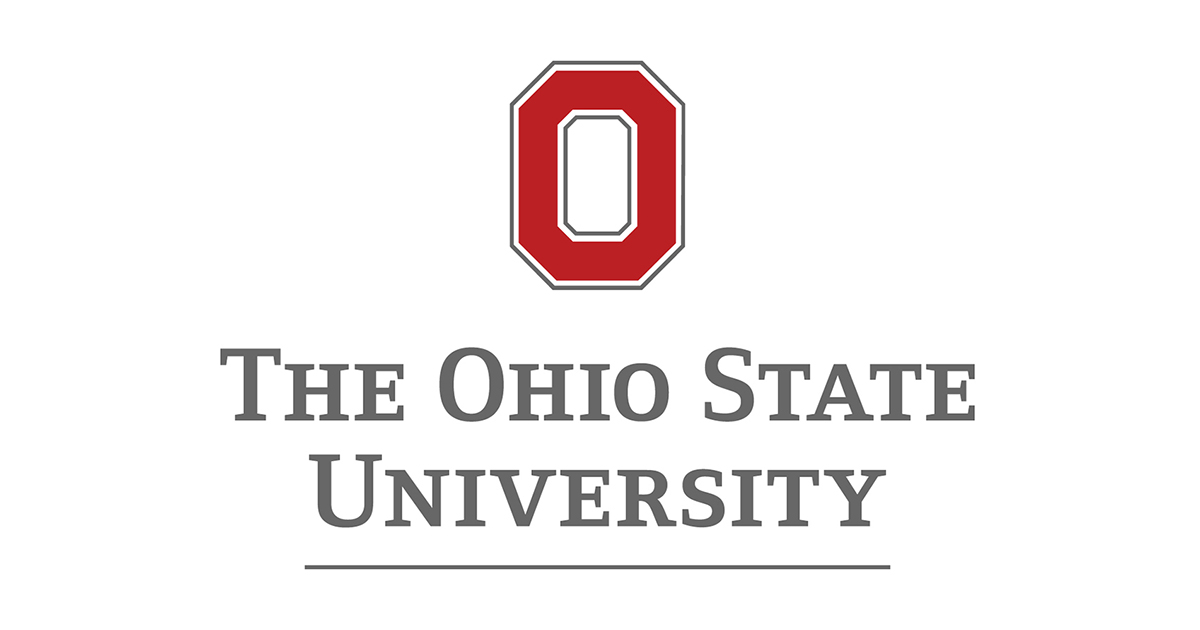
The Ohio State University offers so many courses, you’ll be spoilt for choice. From accounting to Arabic, from theatre to zoology, Ohio State offers it all. LGBTQ students will find it an especially welcoming school—there are gender-inclusive restrooms and facilities throughout the campus, and there are options for gender-inclusive housing (a term which, at Ohio State, indicates housing where all students regardless of sex, gender identity, or gender expression, can choose to share an apartment).
We know that healthcare is important for all students, but even more so for LGBTQ students. Among the broad range of health and wellness services Ohio State offers, especially worthy of note is their specialized mental health care, sexual wellness programs, and transgender care insurance. And then there are dozens of LGBTQ groups, which include the likes of Lambda Men’s Group, Queer Grad Group, True Selves: A Gender Spectrum Group, Out in Business, LGBT & Allies in Medicine… and that’s just the beginning! There is even an LGBTQ, all-inclusive fraternity.
And last but not least, the university’s LGBT Center does a great job at cultivating a positive and inclusive environment by organizing intersectional-identity-based events, as well as fun events such as Queer Prom and Queer Hollywood.
#12. The University of Texas at Dallas
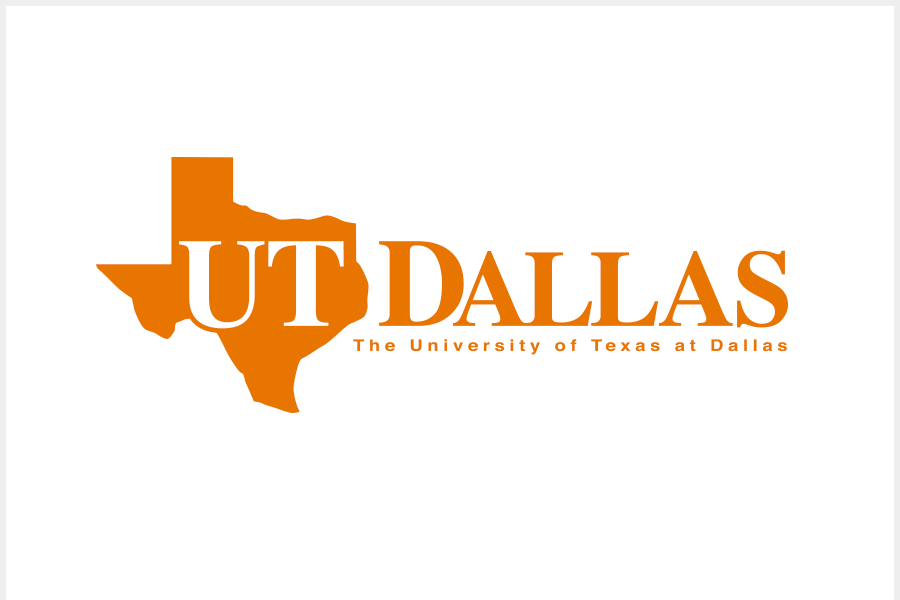
The University of Texas in Dallas is a famously fun place to be, but not only that—thanks to the work of past and present students, staff, and faculty, it is also an inclusive and safe choice for LGBTQ students, and one where you are bound to have an eye-opening experience.
The Galerstein Gender Center (GGC), which has been around since 1996, aims to be intersectional and inclusive. It runs lectures and workshops, and offers resources and services as well as scholarships and volunteering opportunities. Their LGBT+ Education, Advocacy, and Programming (LEAP) initiative works to make university policy as inclusive as possible, and so far they have accomplished a lot—the university now has an extensive non-discrimination policy, and offers students LGBTQ counseling and health services, gender-neutral housing options, gender-neutral bathrooms around campus, and a long list of educational talks and events.
Allies can learn how to examine their own attitude and behaviors and how to best support LGBTQ people through SAFE ZONE ally training. Once you become an official SAFE ZONE ally, you’ll be able to display the logo on your laptop, office door, or even on yourself, to show that you value a diverse and inclusive campus.
#13. Stanford University
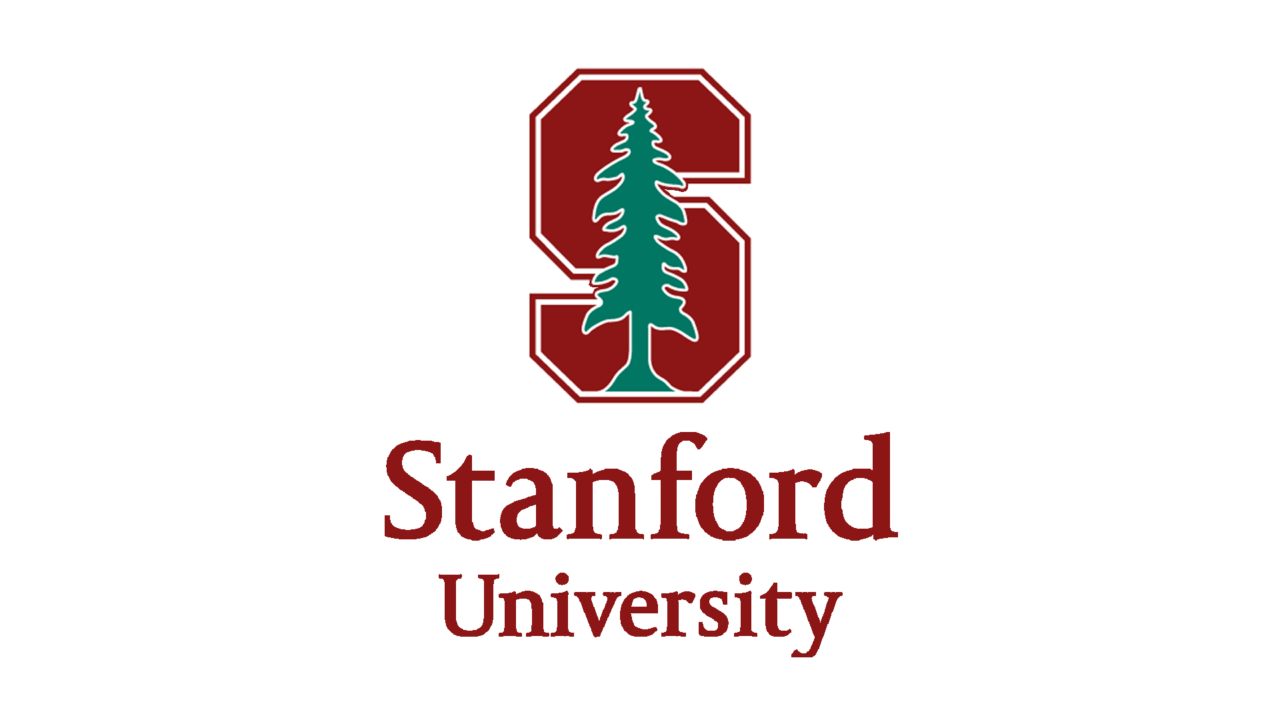
Stanford University has a long history, and so does its connection with the LGBTQ community. The Gay People’s Union (GPU) started in Stanford’s Firetruck House all the way back in 1971. The Firetruck House is still home to the award-winning LGBT Community Resource Center, which welcomes students who are “celebrating, questioning, investigating and struggling with sexual orientation and/or gender identity.”
Not only does the center provide a cozy space for you to meet other people, study, and relax, it also performs some very important functions within the university. Staff here partner with other university offices to provide support and individual case management for students in need.
The university has gender-neutral and all-gender-inclusive housing and bathrooms, but recently other LGBTQ spaces have proliferated on campus. The much loved Terra House is an unofficial LGBTQ co-op on campus, and hosts fun get-togethers, happy hours, talks, and meetings, while the second floor of the Firetruck House is known as the QSpot, and is the perfect place to relax, study, watch a movie or chat with fellow queer, trans, or allied students.
With everything it offers, it’s no wonder that Stanford came up on top in Princeton Review’s list of LGBT-friendly campuses!
#14. Massachusetts Institute of Technology
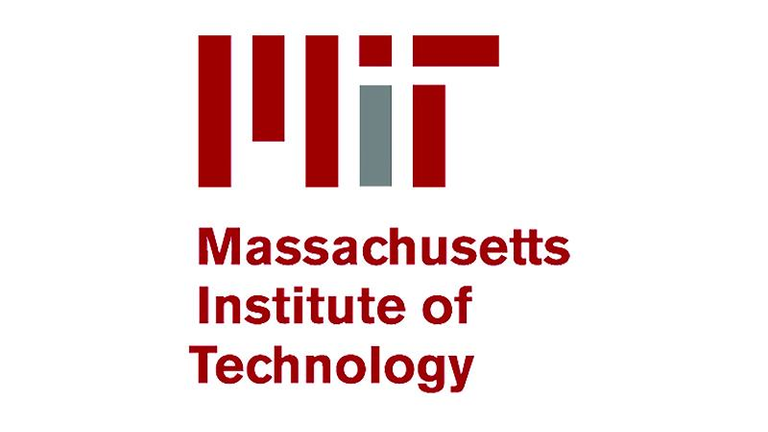
If you’re into STEM Research and Technology, MIT is a truly great choice. With excellent departments in architecture and planning, engineering, management, science, and computing, MIT offers some of the best courses in the world. But few people know that MIT also offers a great learning environment for LGBTQ students, in terms of support, housing, and social life.
The LGBTQ Center works hard and aims to “foster equity, intersectionality, and the continuum of social justice” through a variety of events, educational talks, services, and advocacy. If you’re a new student, during orientation week you’ll be welcomed for samosas and smoothies in the center’s cozy Rainbow Lounge where you will have the chance to meet other LGBTQ students and allies, as well as faculty and staff members who are committed to creating the best possible environment.
Another famous regular event at MIT is the Queer Women’s Dessert Night, where lesbians, friends, bisexual girls, trans women, and allies are welcome to meet each other and ask questions about campus life. And for people of color, “Lazos: A Place at the Table for TQPOC & Allies of Color” is a really active, inclusive, and fun group.
#15. Emory University
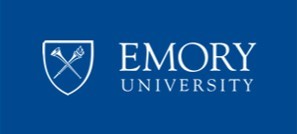
Emory University sits on a beautiful peaceful campus in the historic Druid Hills neighborhood in Atlanta, and is a highly-ranked private institution known for its excellent liberal arts colleges and graduate and professional schools. You probably know that Atlanta has a vibrant LGBTQ scene, but what about the university? Well, you’ll be glad to know that Emory doesn’t disappoint, and in fact it excels in terms of social life, support, services, and educational opportunities for LGBTQ people.
The Office of LGBTI Life is central to supporting students, and is especially focused on making sure the needs of queer and/or trans students of color (QTSOC) are met, writing that they “understand that experiences of students at the intersection of underrepresented racial, gender identity/expression, and sexual orientation identities pose unique challenges”, and that because of this they are committed to creating inclusive and equitable spaces.
The center is especially attentive to the needs of trans students or students who are transitioning, both legally and physically, and works closely with Counseling and Psychological Services (CAPS), which provides comprehensive psychological services for all students at Emory. And to give your university social life a kick start, why not join one of the many discussion groups, such as Bi/Pandemonium, Queer and Asian, or BlackOUT.
#16. Rutgers University
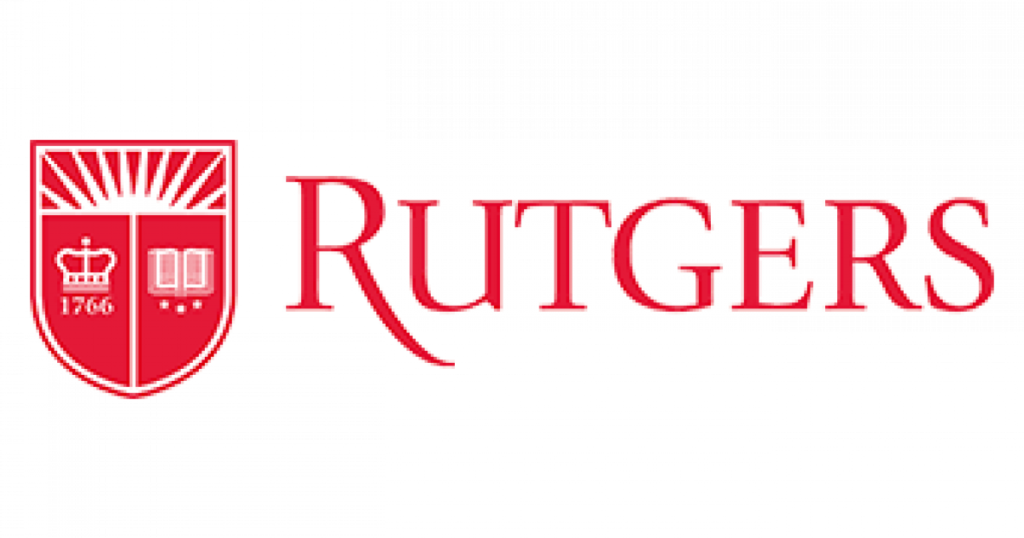
Rutgers University is one of America’s oldest and best research universities, with three different locations across New Jersey and a reputation for inclusive, open, and multicultural education. With over 70,000 students and over 150 undergraduate majors, Rutgers is a great choice, and has a lot to offer to LGBTQ students.
The Center for Social Justice Education and LGBT Communities (SJE) is the community’s focal point, and can help get you into gender-neutral housing as well as figure out admin and course-related stuff. But the SJE also offers lots of different and innovative educational and social programs for staff, students, and faculty. Q-mmunity, for example, is an extended orientation and leadership development retreat which aims to introduce incoming students to each other and to current students and staff, and then pairs them with mentors that support them throughout the year. SJE is also home to several different groups, such as the Queer Student Alliance and the Queer Christians and Allies.
Students who wish to do so can change their name on electronic course management systems, class rosters, housing rosters, and student ID cards.
#17. University of Illinois at Chicago

Chicago is a fun city with a diverse queer scene, so you’ll be happy to know that there is an equally fun university to go with it. Located at the very heart of the bustling metropolis, this public research university is home to over 33,000 students, and boasts 16 colleges and even its own hospital and health system. One unique aspect that might interest trans students is that UI Health offers all the different types of gender affirmation procedures, and is one of the few in the Chicago area to do so.
The Gender and Sexuality Center is the heart and soul of LGBTQ life at this university, and always boasts a rich and full calendar of events, from dinners to talks, workshops, discussion groups, and more. If you’re into art and stimulating conversation, you’ll want to check out FlexSpace, a gallery and hub for different communities to meet and interact with each other. The space also hosts exhibitions, such as the permanent Queer State of Mind, which includes art made by the Center’s students past and present.
If you’re a person of color, you should check out the much loved QTPOC Lunch Series, a monthly “intentional affinity space for Queer & Trans People of Color to come together over a meal and discuss issues relevant to diverse intersecting LGBTQIA identities and experiences.”
#18. University of Maryland
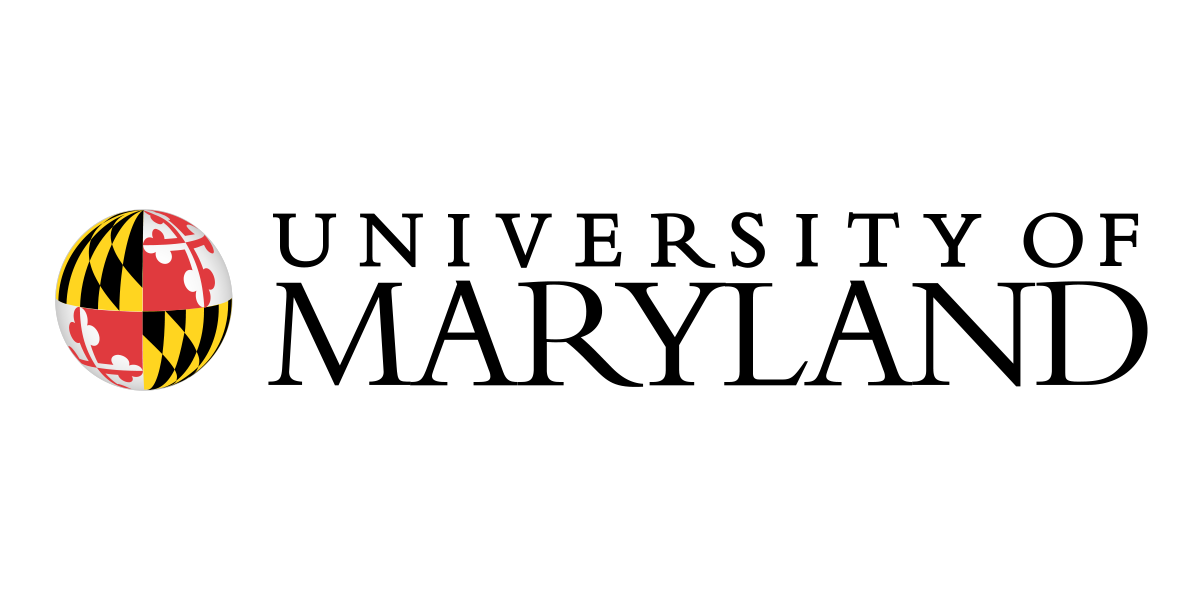
The University of Maryland, home to over 41,000 students and 14,000 faculty and staff, is a highly-ranked public research university close to Washington DC with a reputation for always being a step ahead in research, entrepreneurship, and innovation. Their focus on social entrepreneurship has seen them recognized as the nation’s first “Do good” campus, but they also offer lots of interesting courses in the arts, athletics, and a long list of academic subjects.
The university is committed to being inclusive and welcoming, and thus has adopted a comprehensive non-discrimination policy which protects “gender identity or expression”, and also outlines a simple procedure for students who want to change their name on university documents.
LGBT Equity Center at the University of Maryland works in many different ways to make the University of Maryland a fully equitable community. As soon as you arrive to start your first year, you’ll be welcomed through the One Project, a program geared to first year LGBTQ students and allies which features a packed calendar of events. Q Camp is a really popular one night retreat for students to get to know each other and the Center.
#19. University of Cincinnati

The University of Cincinnati is one of the largest universities in Ohio, and you’ll be able to choose between a long list of majors, including aerospace engineering, african studies, music, urban agriculture, and a very well ranked women’s gender and sexuality studies program.
The LGBTQ Center is committed to supporting the university to be a place of diversity and equity, and it has a lot to offer to students—there are regular support groups such as Grounds for Support, where you can go whether you want to just want to talk, you want to build community, or need support for a specific issue. If you are a spiritual person, you’ll want to check out Queer Spirituality, a safe space for students to examine the intersections of the LGBTQ community and spirituality.
Kaleidosope is a peer-led discussion group for transgender, gender non-conforming, and non-binary students to come and discuss issues that effect them, or simply to support each other. Shades of the Rainbow is another discussion group for LGBTQ people of color.
The University offers gender-inclusive restrooms across campus, as well as the option to live in gender-inclusive housing.
#20. University of Michigan Ann Arbor
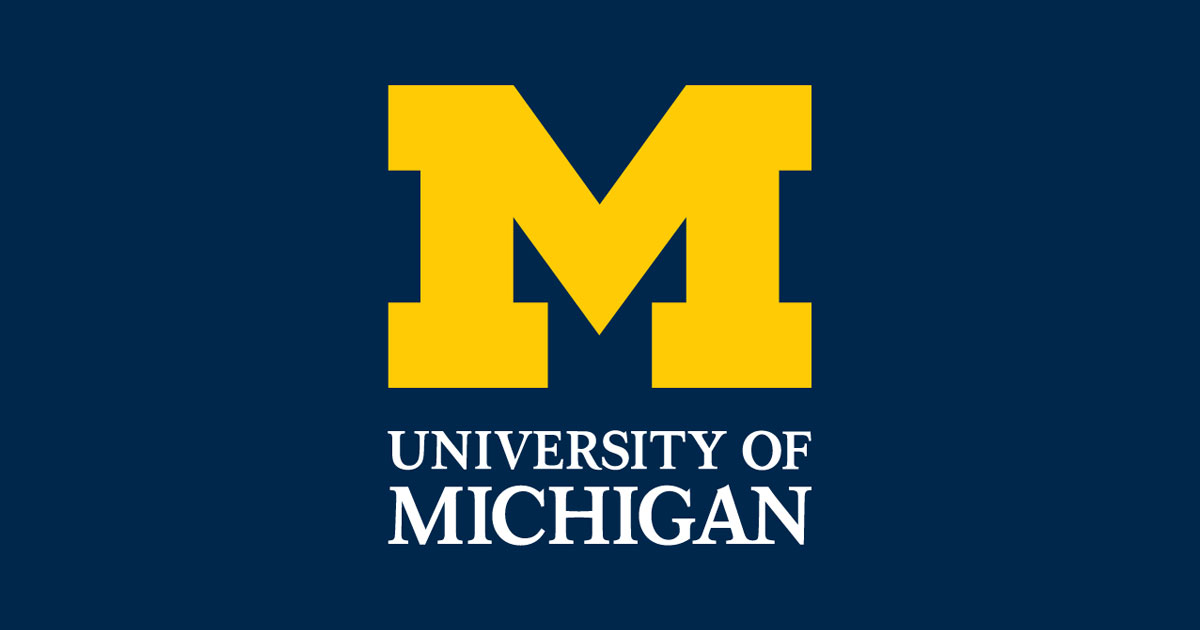
With its deep traditions and long history, this university is a veritable institution, and to add to its reputation of always being a step ahead, it was the first to open a LGBT resource center on its campus all the way back in 1971. The famous Spectrum Center has become a central part of life on campus for the LGBTQ community, and has grown into a collaborative space where students, staff, faculty, and members of the broader community are welcome.
The focus here is very much on community building, advocacy, and education, delivered through a series of lectures, workshops, and different types of events. This is also where you can find health and wellness services and resources. The center, of course, is also a space affirming of trans, gender-non conforming, and intersex communities, and has put together a list of helpful resources and contacts for people who need support.
Transgender healthcare coverage and gender-neutral housing are also available, as are gender-neutral bathrooms, and students have the option of changing their name on university documents.
OCR Staff
Related: